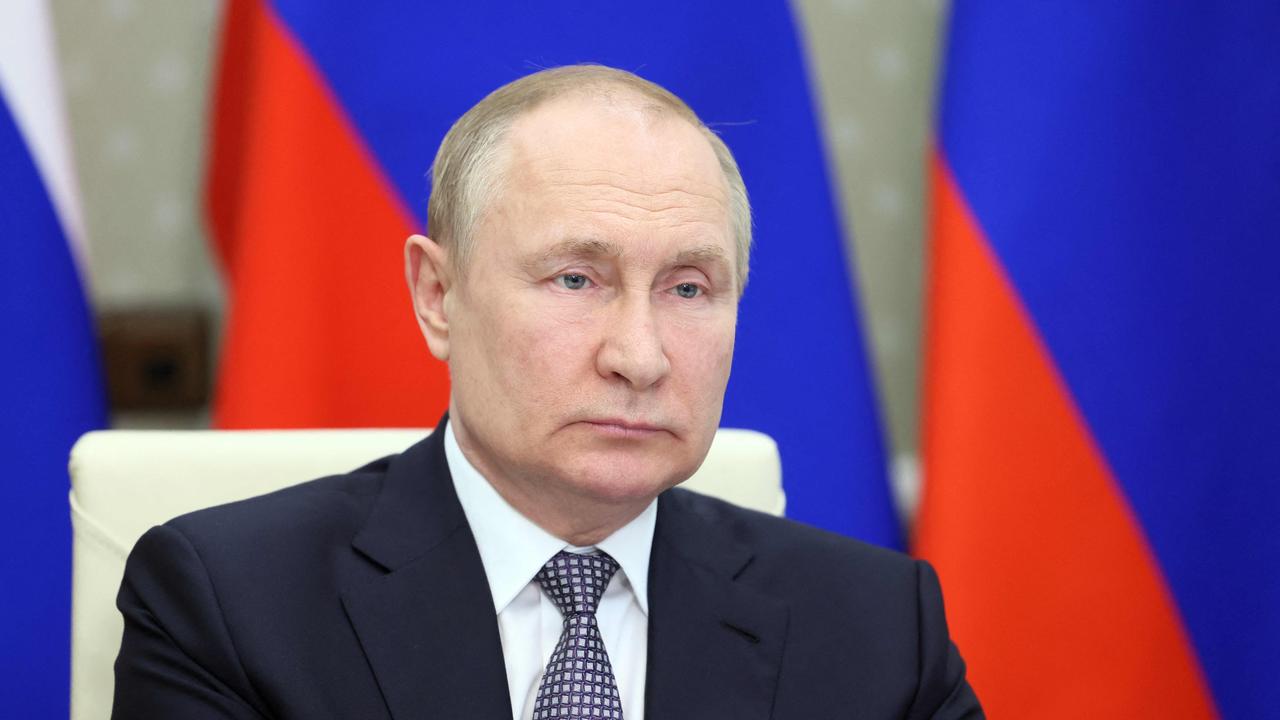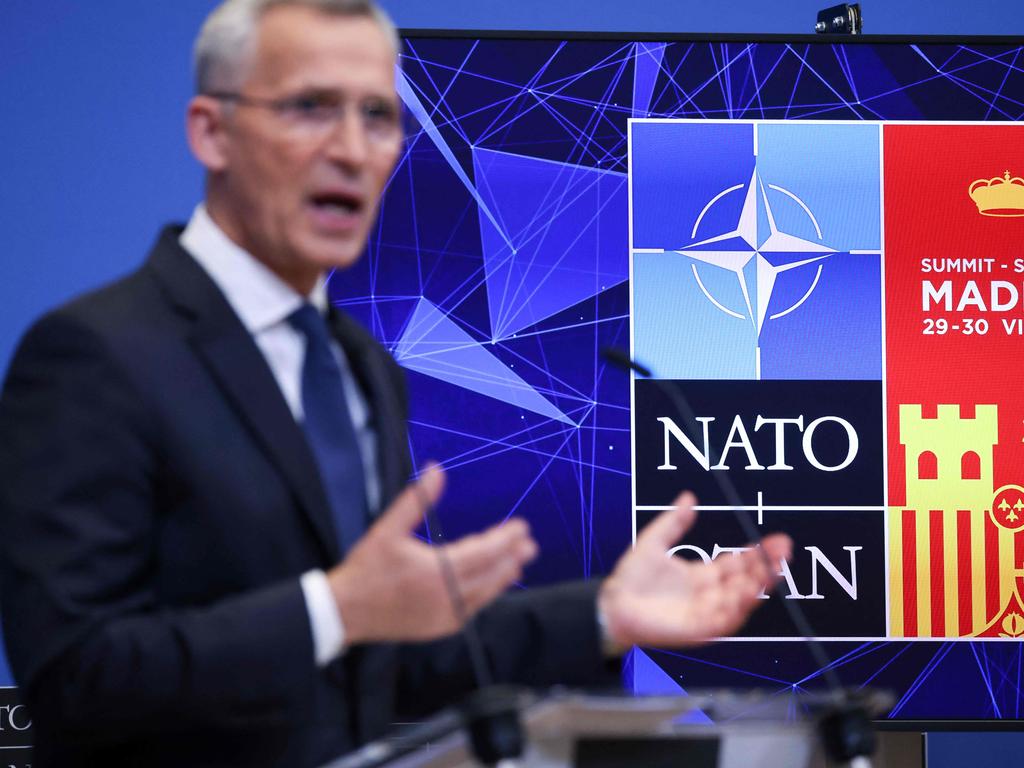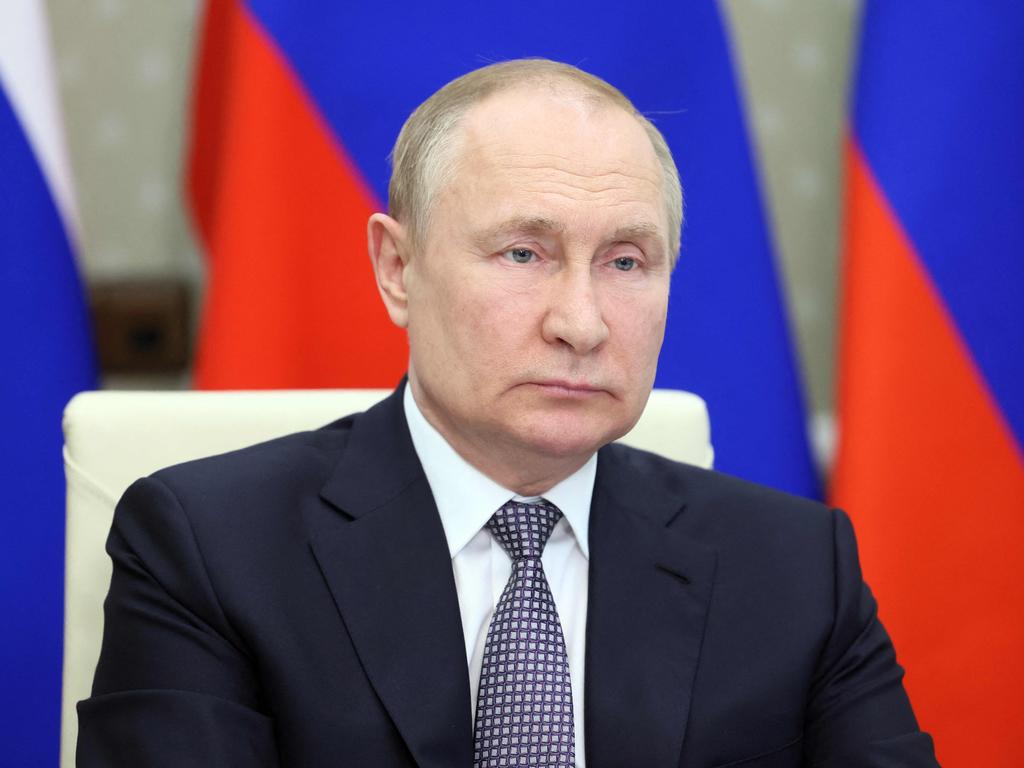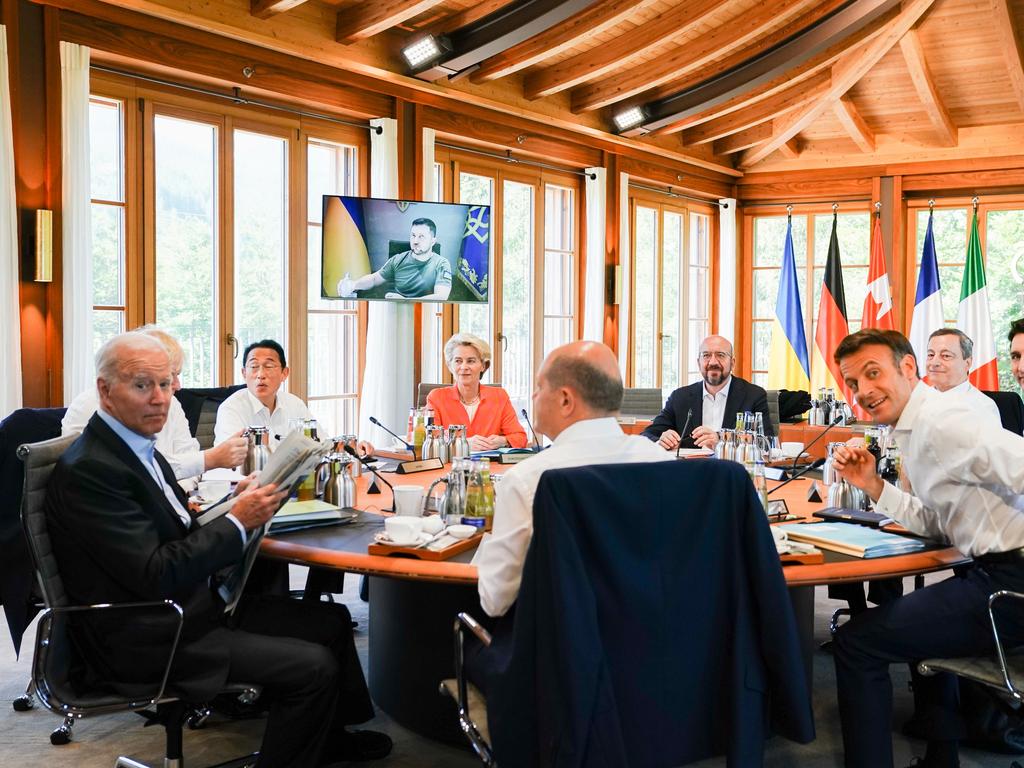NATO allies to boost high readiness forces from 40,000 to 300,000 soldiers
NATO allies have announced an enormous boost to the alliance’s high readiness forces as conflict continues to rip through Ukraine.

NATO allies will boost high readiness forces to “well over 300,000” troops as they strengthen their defences in response to Russia’s war on Ukraine, alliance chief Jens Stoltenberg said on Monday.
Leaders from the US-led military alliance will meet in Madrid this week for what Stoltenberg said would be a “transformative” summit as it grapples with the fallout of Moscow’s invasion of its pro-Western neighbour.
Stoltenberg said allies would bolster some of their battle group deployments along NATO’s eastern flank “up to brigade level” - tactical units of several thousand troops - and ratchet up high readiness numbers to “well over 300,000”.
In addition, more heavy weaponry, including air defence systems, would be shifted forwards and forces pre-assigned to defend specific NATO members on the alliance’s exposed eastern edge.
“This constitutes the biggest overhaul of our collective defence and deterrence since the Cold War,” Stoltenberg said.
Stoltenberg did not give further details of the additional high readiness forces or how they could be deployed by the alliance.
NATO currently has a high readiness force of around 40,000 troops under its command.
The more than 300,000 troops are expected to form a larger pool that the alliance could tap into in the case of an emergency.


Stoltenberg also said that leaders would agree to bolster NATO’s essential support to embattled Ukraine, whose President Volodymyr Zelensky is set to call in via video link.
That package would include “substantial deliveries” of gear like secure communications, anti-drone systems and fuel, and help Ukraine over the longer term to pivot to using more advanced NATO-standard arms.
That support is separate from weaponry that NATO members - spearheaded by the United States - are already funnelling to Ukraine, including anti-tank rockets, artillery and air defence to help it hold back Russia’s onslaught.
Meanwhile, US President Joe Biden and his counterparts from the G7 are holding a three-day summit in the Bavarian Alps that has been dominated by the war in Ukraine and its global fallout.
Ukrainian President Volodymyr Zelensky joined the leaders of the United States, Germany, Britain, France, Italy, Japan and Canada via video link. He was expected to ask for more heavy weapons and tougher sanctions against Moscow.
The high-level talks come a day after Kyiv suffered the first Russian onslaught on the capital in three weeks, Ukraine said, with a missile attack hitting a residential building and leaving one person dead.
Two women were also killed by Russian bombardments on the northeastern Kharkiv region over the past 24 hours, the local governor said on Monday.

Among the new action being weighed by G7 leaders was a price cap on Russian oil imports and fresh sanctions on Russia’s defence sector, the White House said on Monday.
In his evening address late on Sunday, Zelensky renewed his calls for more weapons and air defence systems.
“Delays in the transfer of weapons to our state, any restrictions, are actually an invitation for Russia to strike again and again.” The G7 summit, held at the luxury Elmau Castle, runs until Tuesday. It will be followed by a meeting of NATO countries in Spain which Zelensky is likewise expected to dial into.
European Commission President Ursula von der Leyen, attending the G7 gathering, stressed the message of unity among Kyiv’s allies.
“We will support Ukraine for as long as necessary,” she told reporters on Sunday.
Last week, the European Union showed its support by granting Kyiv candidate status.



